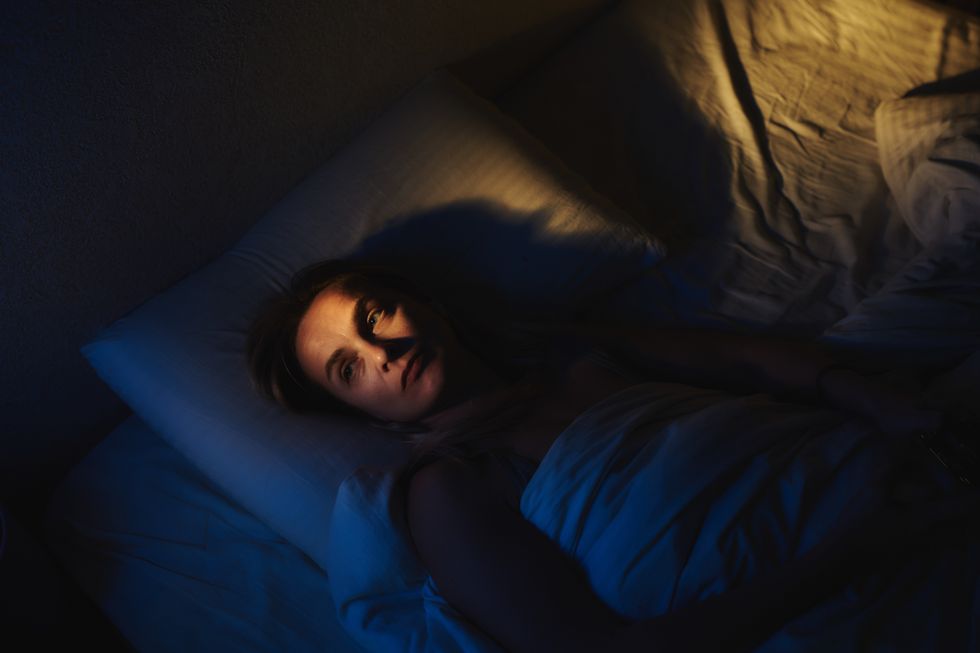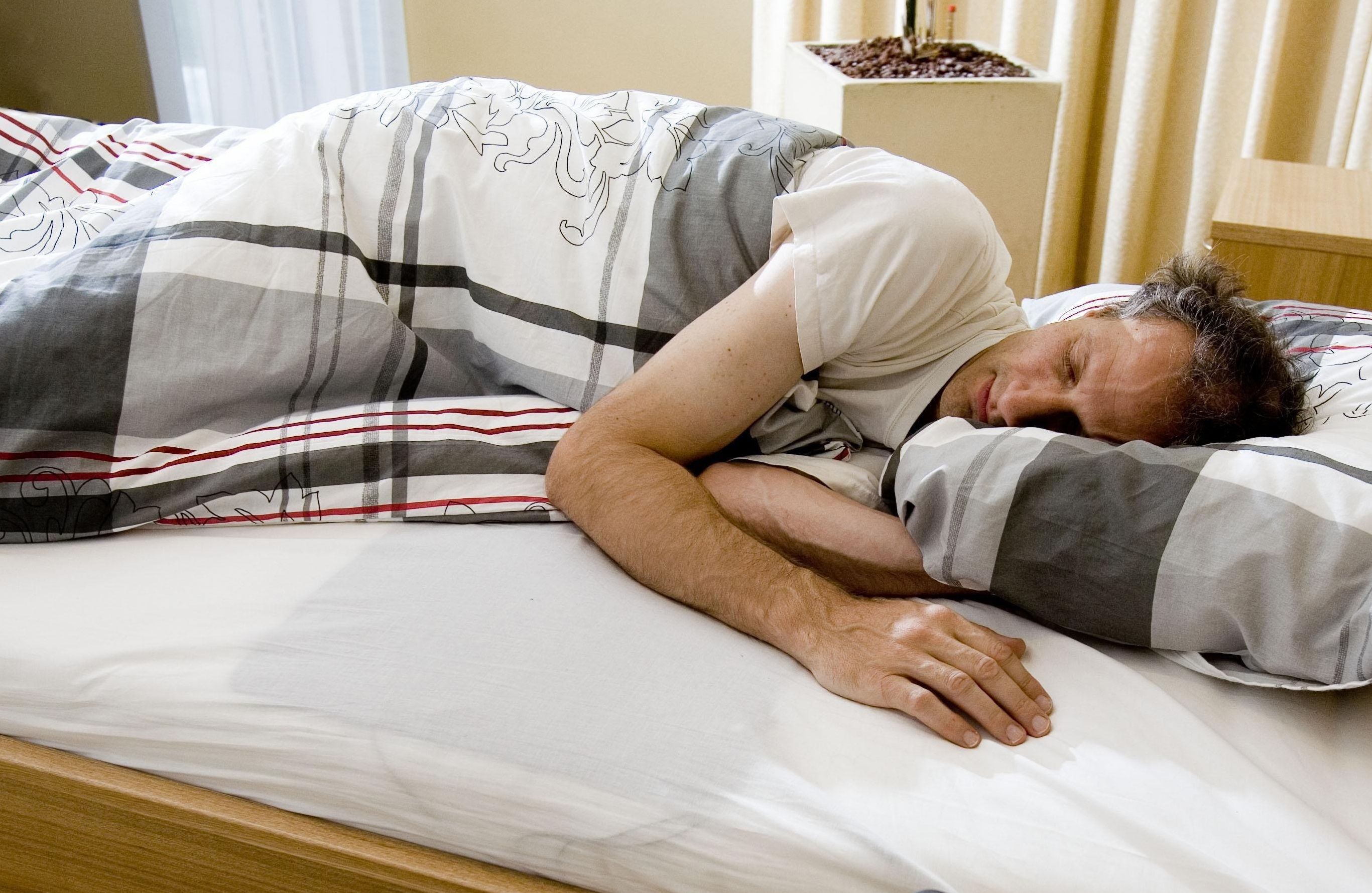Leading scientist shares 'fundamental' morning habit for deep and restorative sleep - 'It is so critical'

A scientist believes prescribed bedtimes make falling asleep more difficult
Don't Miss
Most Read
A leading sleep expert has challenged conventional wisdom about achieving better rest by advocating for a radically different approach that prioritises consistent wake-up times over rigid bedtimes.
Dr Aric Prathe, professor of psychiatry and behavioural science at the University of California, San Francisco, argues that maintaining the same alarm time seven days a week is more crucial for sleep quality than adhering to a fixed bedtime schedule.
"If there is one place to start, it's getting up at the same time seven days a week," Dr Prathe told fellow scientist Matt Walker on his podcast. "It is just so critical because it anchors the two primary regulatory processes of our sleep."
The first of these processes is the circadian rhythm, which Dr Prathe notes can be supported by exposure to morning sunlight to help suppress melatonin production.

Millions of Britons contend with poor sleep
|GETTY
The second crucial element is what he terms the homeostatic sleep drive, which he illustrated through a vivid metaphor.
"By the end of the day, it gets really, really big and you begin to feel those sleepiness cues, and then you go to sleep and drain that sleepiness," he said, comparing the process to a balloon that inflates with tiredness throughout the day.
"By keeping a stable wake-up time, your balloon starts filling up around the same time each day, that is a really fundamental thing to make more predictability for someone's bedtime."
This method cleverly sidesteps the anxiety that often accompanies strict bedtime routines. Dr Prathe observed that prescribed bedtimes can create pressure that actually makes falling asleep more difficult.
"But you can control when you wake up, and in time, that can allow you to get to sleep," he noted.
The approach recognises a fundamental truth about sleep patterns. "In truth, if you get up at the same time each morning, you're probably going to get tired at the same time each night," added Dr Prathe.
This natural regulation eliminates the counterproductive stress of watching the clock at bedtime.
Beyond his wake-time method, the sleep scientist advocates several complementary strategies for enhancing sleep quality. These include incorporating daytime micro breaks to manage energy levels throughout the day.
LATEST DEVELOPMENTS

Good sleep is imperative for optimal bodily function
| PAHe also recommended breathing exercises as a practical tool for relaxation. Another key technique involves scheduling dedicated worry time during the day to prevent anxious thoughts from disrupting nighttime rest.
These methods work in tandem with consistent wake times to create a comprehensive approach to sleep improvement. The combination addresses both the physiological and psychological factors that influence rest quality.
Dr Prathe's multifaceted strategy recognises that sleep deprivation affects numerous aspects of health, including immune function.











